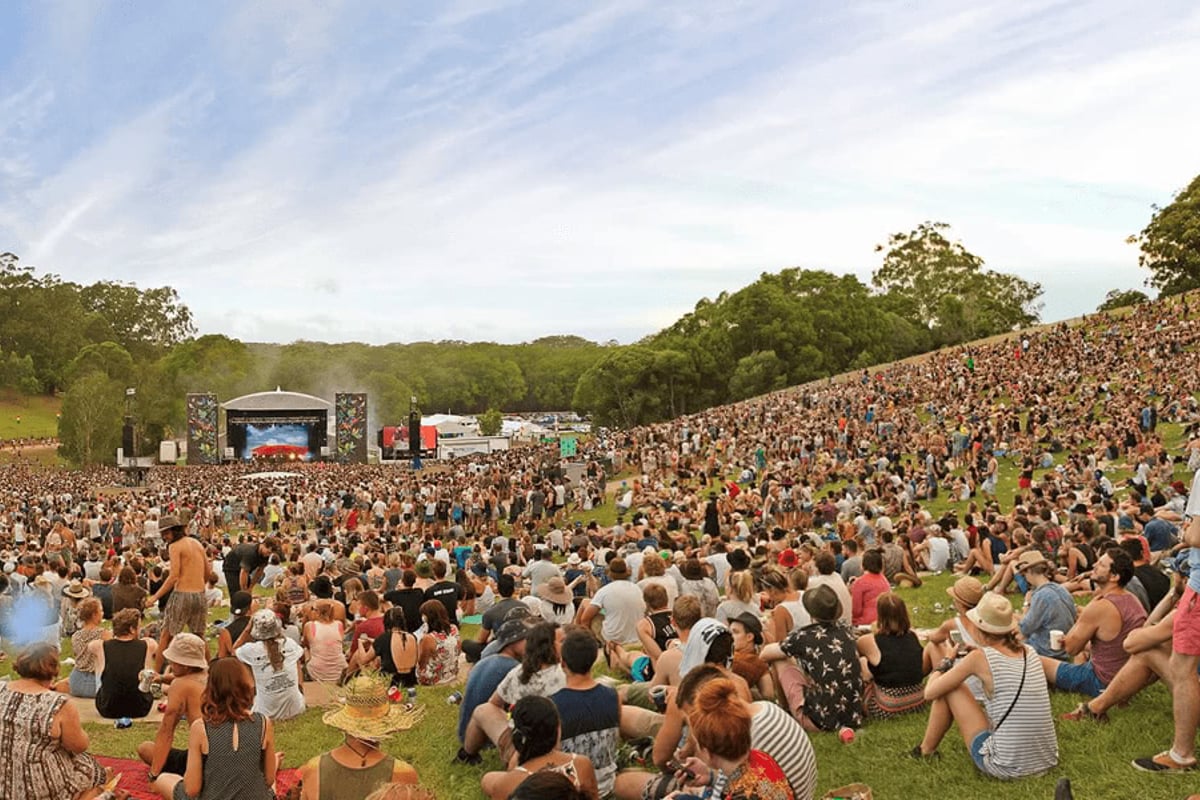Almost half of musicians face sexual harassment at work: Report

Nearly half of all musicians face sexual harassment while going about their work, a new study has found. And most victims don’t come forward due to their concerns about how their claims could affect their careers.
The U.K.’s Musicians’ Union, which represents more than 30,000 musicians working in all facets of the British music industry, conducted the survey and is now calling on the U.K. Government to introduce legislative protections.
For its investigation, the MU contacted 725 members during a week-long span last month, with 379 respondents identified as female and 336 as male.
The findings are bleak.
Some 85 per cent of victims said they feared taking action over the abuse because of “the culture of the industry” and the ramifications speaking out could have on their careers.
More than 61 per cent of respondents said they felt at risk because they work on a freelance basis. And many affected young artists decide to leave the industry, the MU says.
“We are aware of far too many cases of talented musicians, particularly young or emerging artists, leaving the industry altogether due to sexism, sexual harassment or abuse,” Naomi Pohl, deputy general secretary at the Musicians’ Union.
“Many musicians who have gone public with their story are now being taken to court for defamation – evidence of the situation we’re dealing with.”
The perpetrators rarely face justice.
No-one should experience or fear sexual harassment, abuse, bullying or discrimination on campus or at work.
If you have, whatever your role in the music industry, you can report it in confidence to us → https://t.co/hn4OTnn7hE #fortheloveofmusic #stillmarching pic.twitter.com/Tpm8Vdqdrk
— Musicians' Union (@WeAreTheMU) October 22, 2019
Survivors are “often unable to speak out because the consequences for their career or personal life are devastating”. And in most cases, the MU’s general secretary notes, “the survivor ends up leaving the workplace or the industry and there are very few consequences for the perpetrator.”
A musician who contacted the MU said: “I reported sexual harassment by a high-profile individual to a major employer in the industry.
“I was told this was just ‘lad culture’ by the person investigating my complaint. No wonder such a high proportion of issues go unreported.”
The newly-published report follows the launch in 2018 of SafeSpace, an email account where artists could anonymously report sexual harassment, abuse, bullying and discrimination in the industry. Women reportedly accounted for about 95 per cent of all responses.

Musicians unite
The MU is now petitioning the government to “strengthen the law to prevent sexual harassment at work before it happens,” with a particular focus on the Equality Act 2010.
Harassment is music circles is rife. Australia is not exempt.
A study published a year ago found 87.5% of participants perceive sexual harassment to be a common occurrence at music festivals, and almost three-quarters of respondents perceive sexual assault to be a commonplace at festivals.
The first-of-its kind study was conducted by The Conversation based on an online survey of 500 Australian festival-goers.
The Australian music industry tackled this problem head-on with the launch in July 2017 of Your Choice, a campaign intended to stamp out sexual misconduct and harassment at shows, while the U.K.’s Association of Independent Festivals (AIF) separately engineered a “Safer Spaces” campaign to create awareness of the same, ongoing problems.
Earlier this week, U.S. singer and songwriter Maggie Rogers called out harassment once more when guests yelled smutty comments at her own gig.
“There is no space for harassment or disrespect or degradation of any kind at my show,” she wrote on social media.
One man apparently yelled out “take your top off,” and another shouted “you cute though”. Read her social post below.
“take your top off” pic.twitter.com/pqTmWlYIQ6
— Maggie Rogers (@maggierogers) October 20, 2019
This article originally appeared on The Industry Observer, which is now part of The Music Network.






























